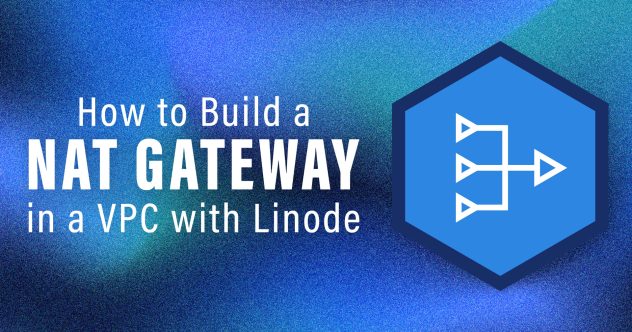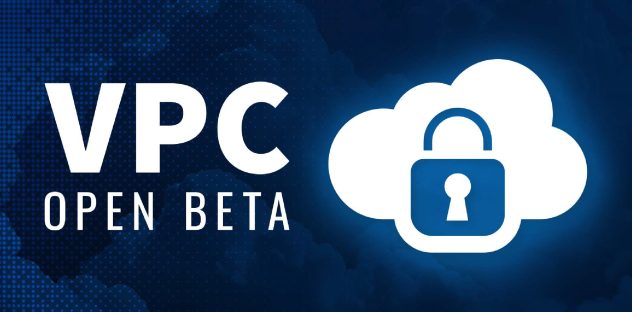昨日の夜12時頃、新しい「透過型」ネットワークフィルタリングを導入しました。 このフィルタリングは、グローバルなフィルタリングとLinode固有のフィルタリングの2つのカテゴリに分かれています。
すべてのホストでグローバルフィルタリングがすでに有効になっています。 これにより、ブロードキャストトラフィック、HSRPメッセージ、UDPポート137のトラフィックのほとんどがフィルタリングされます。
Linode特有のフィルタリングは、ブロードキャストトラフィックや、お客様のIP宛ではないARPトラフィックをフィルタリングします。
Linode固有のフィルタリングは、host1とhost2を除くすべてのホストで利用可能です。 これらは新しいカーネル機能を必要とするため、host1とhost2の再起動が必要となります(どちらも100日以上の稼働時間があります)。 今のところ、グローバルフィルタリングとオリジナルフィルタリングのみがhost1とhost2で利用可能です。
ホスト1とホスト2以外の方は、新しいフィルタリングルールを利用するために、Linodeを再起動する必要があります。
いくつかのtcpdumpを行ってみると、大きな改善が見られるはずです。
ありがとう、そして楽しんでください
- Chris







コメント (1)
[quote:496f1af48f=”caker”]The Linode specific filtering is available on all the hosts except host1 and host2. These require new kernel features which would require a reboot of host1 and host2 (both have over 100 days uptime). For now, only the global filtering and the original filtering is available on host1 and host2.[/quote]
Ahh! Okay — I was just running tcpdump to debug some stuff, so I was wondering what you were smoking there for a minute. This brings up an important point though: we all enjoy long uptimes, especially for the host nodes. What’s more, I’ve certainly had Linux boxes enjoy uptimes of over a year, and I’ve heard of much longer. Yet, I’m sure that there will be a need to upgrade the host machines every now and then, so have you considered having some sort of scheduled maintanence window where we can plan on our nodes going down, take any appropriate precausions, and be ready to do whatever we need when the host comes back up? I’m thinking something really infrequent, like once a year or something.
Just a thought.
-“Zow”